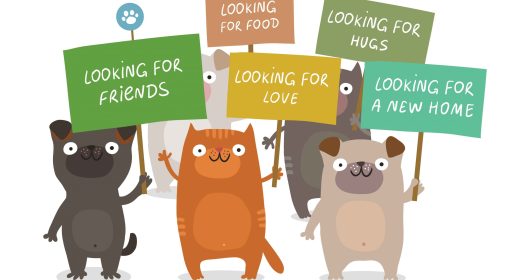
Simply Spanish – 8 Ways To Excuse Yourself
- APR 01, 2018Warning: count(): Parameter must be an array or an object that implements Countable in /home/howlermag/public_html/old/wp-content/themes/new-paper/includes/general.php on line 193

Your Lead Paragrpah goes here
[vc_row full_width=”full_width”][vc_column][vc_column_text]con permiso — “With permission.” This is a polite way of saying you’d like to slip past someone who is blocking your way, or of entering someone’s private space for some good reason.
disculpe — “Excuse me.” This can be used to preface a question to a stranger, or to excuse yourself for some minor infraction like accidentally touching someone. You might also use this word to politely ask someone to get out of your way, like if you’re trying to open your car door and someone is standing next to it looking the other way.
lo siento — Literally “I feel it,” this means, “I’m sorry,” and is used only in situations where you truly have something to be sorry for, like stepping on someone’s foot, or worse. Lo siento mucho, pero atropellé a tu gato — “I’m really sorry, but I ran over your cat.”
perdón — “Pardon.” Stronger than disculpe, but not as strong as lo siento, this expression seeks forgiveness for some minor wrong doing like accidentally bumping into someone. Also used to mean “Excuse me,” as when someone belches in public.
perdóname — “Forgive me.” More personal than perdón, this expression seeks personal forgiveness for some wrongdoing committed against someone else. Perdóname, pero yo nunca quise estar con tu novia — “Forgive me, but I never meant to get with your girlfriend.”
permiso — “Permission.” If you invite someone into your house, they will often say “Permiso” as they enter, humbly asking for permission to enter that you already granted them. The correct answer is “Pase” or “Adelante,” come in, even though you already invited them to come in. And if you invite three people in at once, every one of them might say “Permiso.”
¿Se puede? — “Can it be done? Is this allowed? Can I do this?” A polite way of asking if you can help yourself to something someone else has. For example, if someone sets out chiliguaro shots for everyone, and you’re not sure if you’re included, you might ask, “¿Se puede?” The correct answer is, “Sí, claro!”
sorry — sorry. Costa Ricans will sometimes use this English word untranslated, with the exact same meaning.[/vc_column_text][/vc_column][/vc_row]









